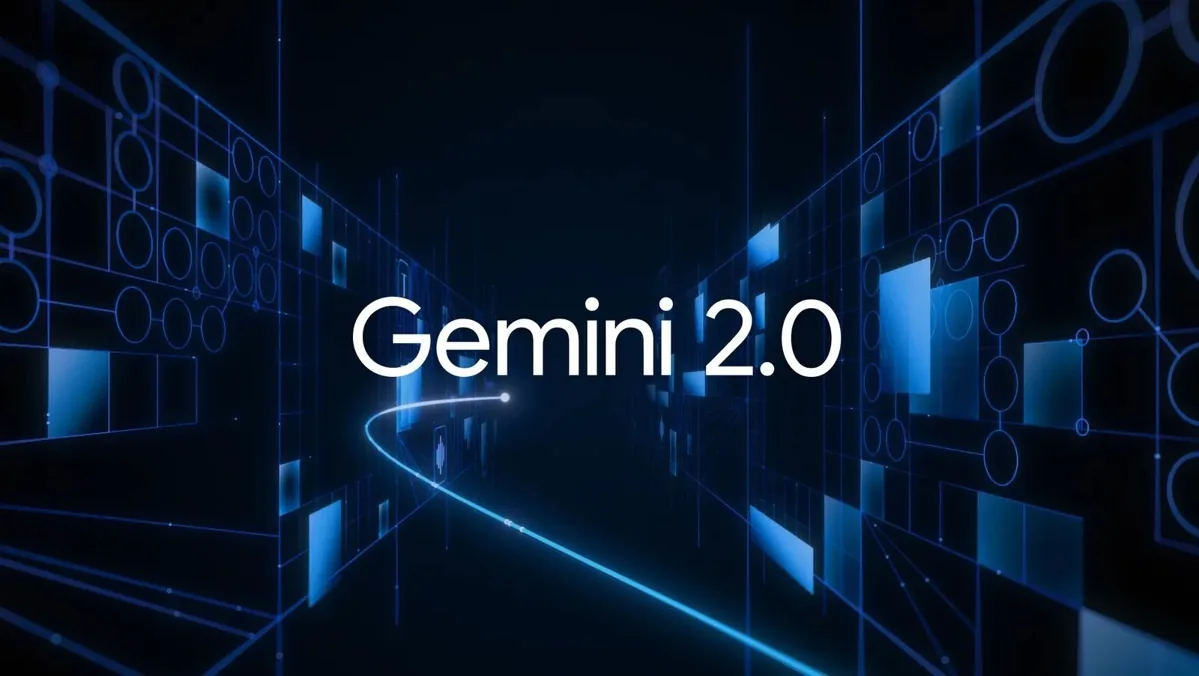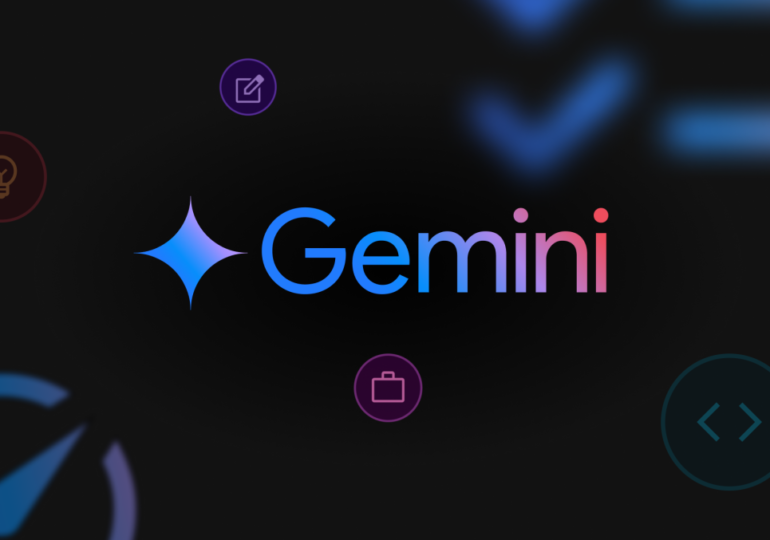Google Introduces Advanced Research Agent Feature in Gemini, Capable of Generating Reports on Complex Subjects

Google unveiled a new agentic feature for its Gemini AI models on Wednesday, introducing the Deep Research function alongside the release of Gemini 2.0. This new feature is designed to assist users with complex research tasks, offering a powerful tool for generating multi-step research plans, conducting web searches, and compiling detailed reports on a wide range of topics. The tech giant claims that the feature is especially beneficial for researchers and students who need to prepare in-depth reports or academic papers. Currently, the Deep Research feature is available to Gemini Advanced subscribers using the web version of the chatbot.
The introduction of advanced reasoning capabilities has become a significant area of focus for AI developers, as they strive to enhance the intelligence and processing abilities of their models. While improving the analytical capacity of large language models (LLMs) requires a substantial overhaul of network architecture and learning algorithms, researchers have found ways to incrementally enhance performance through various methods. One such approach involves increasing compute time, which allows AI models to spend more time processing a given question, resulting in more thoughtful and thorough answers.
This technique is notably used by OpenAI’s o1 models and recently by Alibaba’s new AI models, both of which rely on extended computation time to improve the quality of responses. By allowing the AI more time to verify its answers, consider alternative solutions, and refine its responses, these systems can generate more accurate and comprehensive results. Google’s Gemini model takes a similar approach by incorporating AI agents to manage more complex tasks, such as deep research, further expanding the capabilities of its AI systems.
With the Deep Research feature, Gemini is set to become an even more powerful tool for users looking to tackle intricate research projects. By automating parts of the research process—like planning, searching, and drafting—this feature saves time and offers users a streamlined way to approach difficult subjects. As AI continues to evolve, the potential for even more sophisticated features, like these agentic enhancements, could revolutionize how we conduct research and gather information.




















